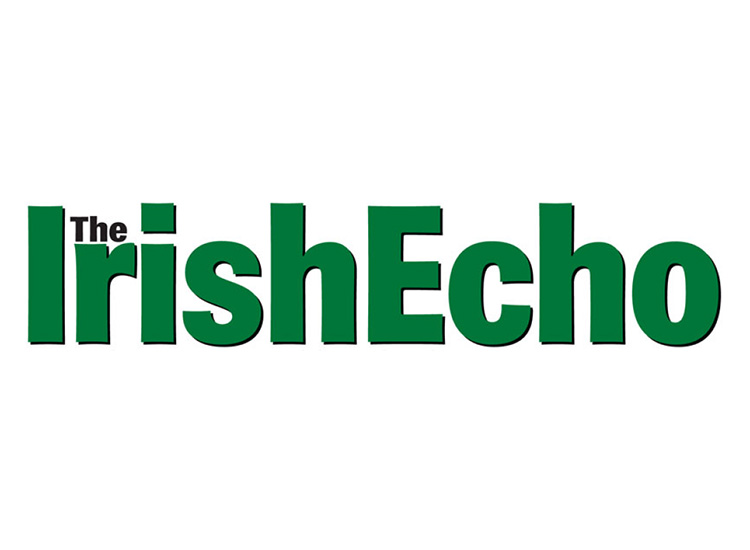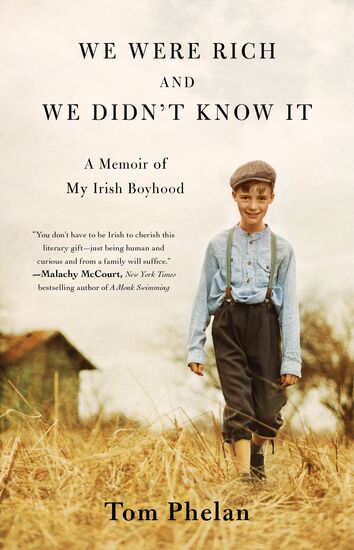H.L. Mencken defined Puritanism as the "haunting fear that someone, somewhere, may be happy." And much as we'd like to define our America as being about the pursuit of happiness, the original colonists' worldview is always an element in the mix.
There's something of the Puritan in a certain type of liberal that criticizes President Obama and his coming to grips with the realities of power in the United States today. Take former editor of Harper's Magazine Roger Hodge, who managed to get onto the shelves a year after the 44th president's inauguration, a book called "The Mendacity of Hope." The word "betrayal" is in the subtitle, so naturally he glowers disapprovingly from the dust jacket at the backsliders and heathens.
I can't imagine what Hodge would make of Zhou Enlai's reputed comment when asked what he thought was the impact of the French Revolution: "It's too soon to say."
Then, there's Chris Hedges, a graduate of Harvard Divinity School, and a former New York Times staffer, who is occasionally worth listening to. However, in an interview in December with the leftwing radio news program "Democracy Now!" he labeled the president a "disaster," and a "poster child for the bankruptcy of the liberal class."
Nothing is ever terribly nuanced with these guys. Four books ago, in 2007, Hedges wrote "American Fascists: the Christian Right and the War Against America." The rise of the far right in Europe between the wars was inevitably invoked. But if fascism's ascent were a real prospect, wouldn't you be advocating the broadest possible alliances to prevent it? Would you really lie awake at night worried that a black Democratic president wasn't leftwing enough? I guess the threat must have lifted.
Hedges talks about liberals' "Faustian bargain" with corporate interests and the "corruption" of traditionally liberal institutions - Faustian bargains, and corruption, of course, being entirely new phenomena in American politics and society.
The fact is that Hodge and Hedges are just the po-faced sort who in a previous age didn't approve of us Catholics drinking (or being involved in politics, for that matter).
David Goldfield's "America Aflame" is a reminder that many of the 19th century's abolitionist liberals disliked Catholics, particularly Irish Catholics, as much as much as they did slavery. His well-received new interpretation argues that the Civil War was the country's greatest failure and a mistake, one that doomed African-Americans to new forms of subjugation.
In an admiring review article posted on Salon.com last Thursday, editor-in-chief Joan Walsh says she is not entirely convinced by Goldfield's position, but adds that his book shows "definitively that Northern evangelical Protestants were the moral force behind the war, and once they turned it into a religious question, a matter of good vs. evil, political compromise was impossible."
That time of year again
Be warned: there might be drinking happening tomorrow on the part of quite a few Irish Catholics and some Ulster Protestants and assorted members of other ethnic groups and nationalities to celebrate a fictional Dubliner born on Clanbrassil Street in Portobello to a Hungarian Jewish father and a mother whose maiden name was Higgins (and though Christian was not an adherent of the One True Faith).
The 1st Bryant Park Bloomsday Breakfast begins at 8 a.m. The event is free and open to the public with an RSVP to bloomsday@imagineireland.ie or by calling 212-757-3318, ext. 202.
"ReJoyce at Ulysses," (the bar/restaurant), 95 Pearl Street/58 Stone Street is from 2 p.m. onwards and stars Aedín Moloney, Larry Kirwan and many others reading their favorite extracts from Joyce's masterpiece.
The 30th Annual Bloomsday on Broadway begins at Symphony Space at 12 Noon. (Details at www.symphonyspace.org.) And as mentioned last week, the 2nd Annual Bloomsday in Brooklyn kicks off on Saturday at 2 p.m.
The 2nd Annual Bloomsday in Brooklyn will take place on Saturday, June 18, at 2 p.m. at the Black Sheep, 428 Bergen St.









